
TMR's five main editors have selected two of our favorite stories of the year for your reading pleasure....
28 DECEMBER 2024 • By TMR
A son of Hama — a former prisoner and now a TV correspondent — takes his first steps...
13 DECEMBER 2024 • By Zaher Omareen
A Syrian medical student from Damascus, forced into exile, shares his story with political scientist Wendy Pearlman — anonymously.
13 DECEMBER 2024 • By Wendy Pearlman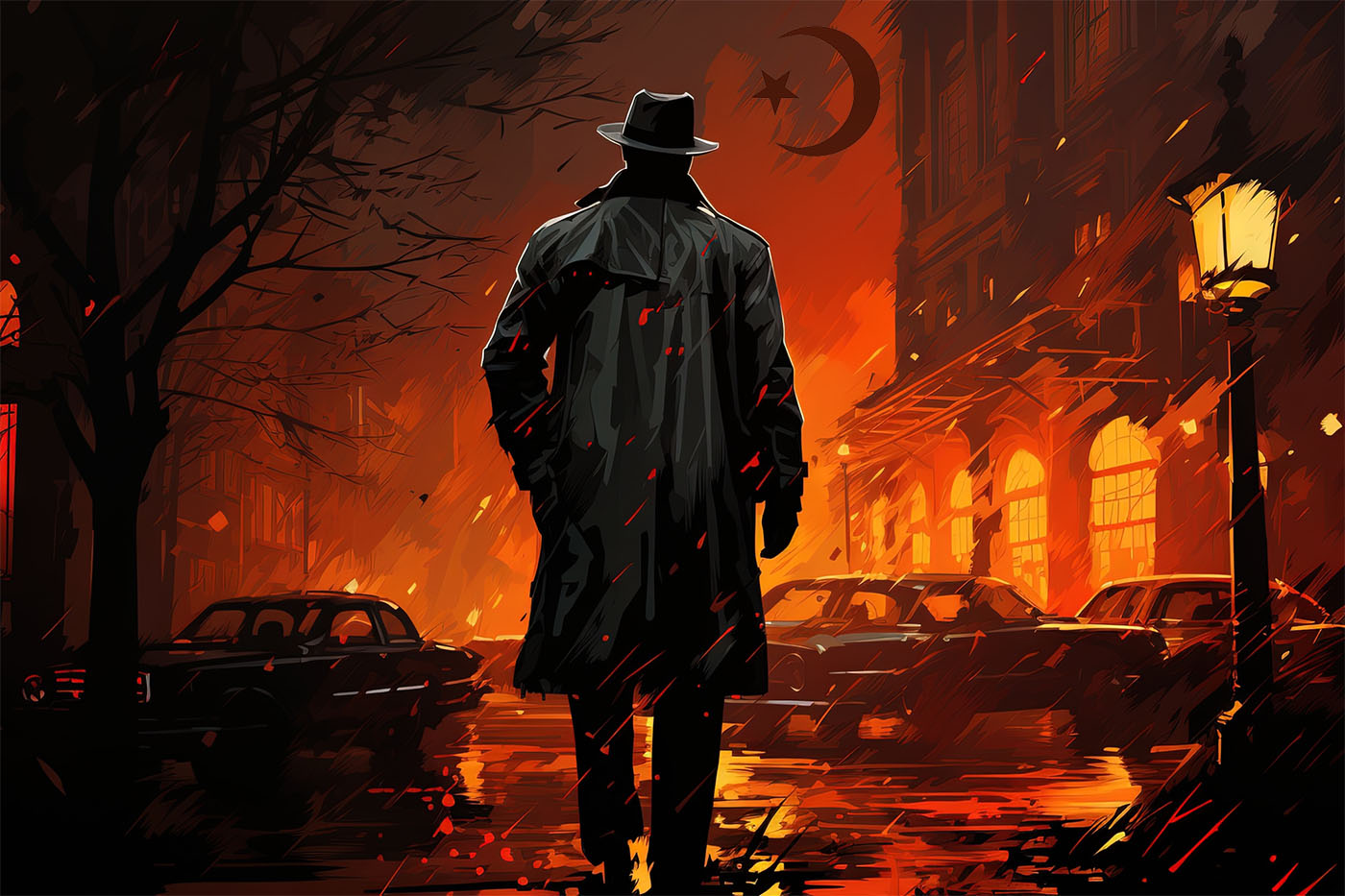
The Arabic crime novel can't compete with more popular genres including satire, horror, or historical fiction, but that...
6 DECEMBER 2024 • By Marcia Lynx Qualey
Lebanon may have survived yet another Israeli onslaught but the people emerge scathed and timorous, as if from...
29 NOVEMBER 2024 • By Tarek Abi Samra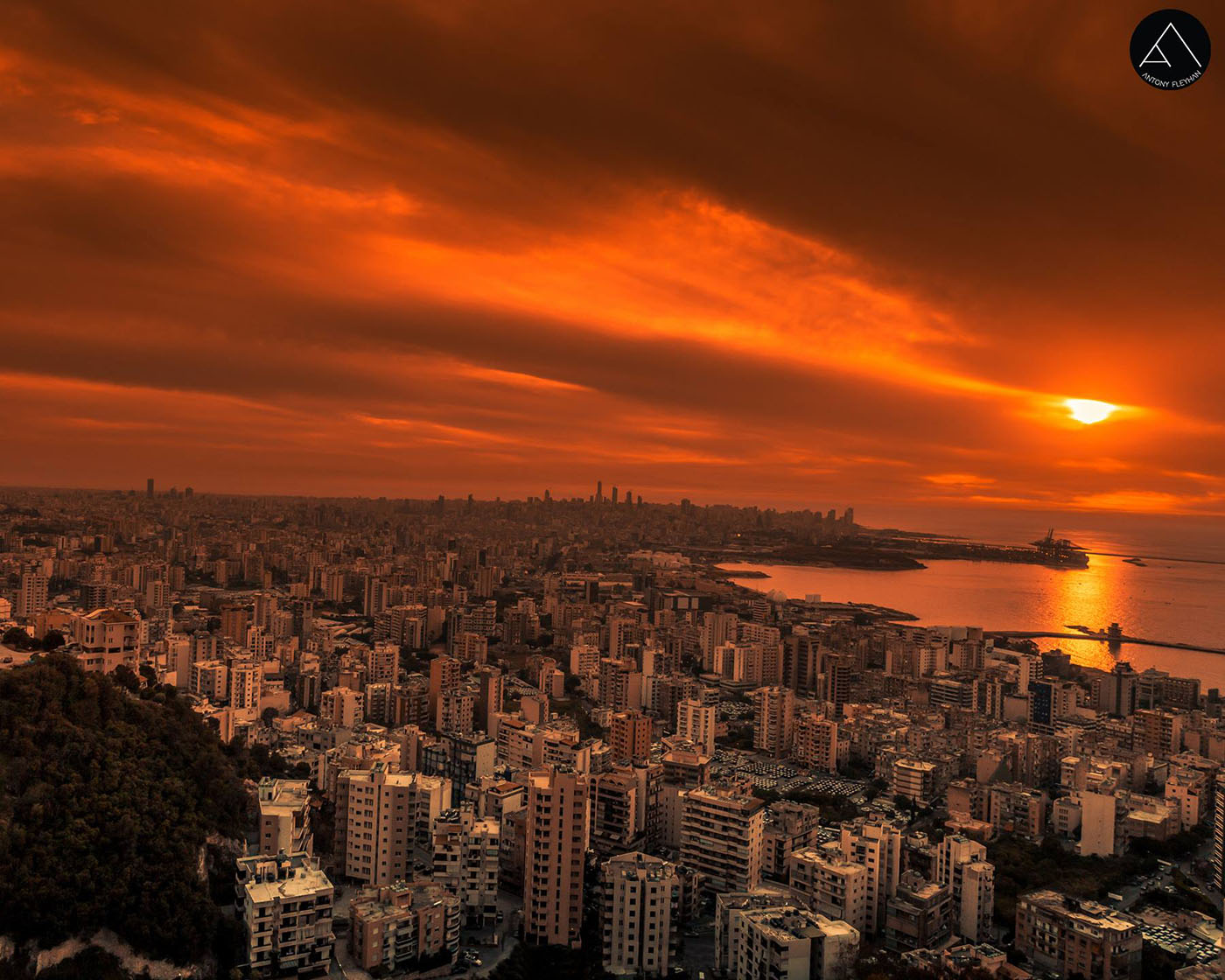
Rima Rantisi depicts the uncertainty and anxiety of Israel's assault on Lebanon, illustrating its impact on daily life.
22 NOVEMBER 2024 • By Rima Rantisi
Cultural arts venues have reopened, but Lebanon still faces canceled international events due to the ongoing war and...
22 NOVEMBER 2024 • By Nada Ghosn
Palestinian artist duo Basel Abbas & Ruanne Abou-Rahme fight anti-Arab propaganda by making challenging art.
22 NOVEMBER 2024 • By Arie Amaya-Akkermans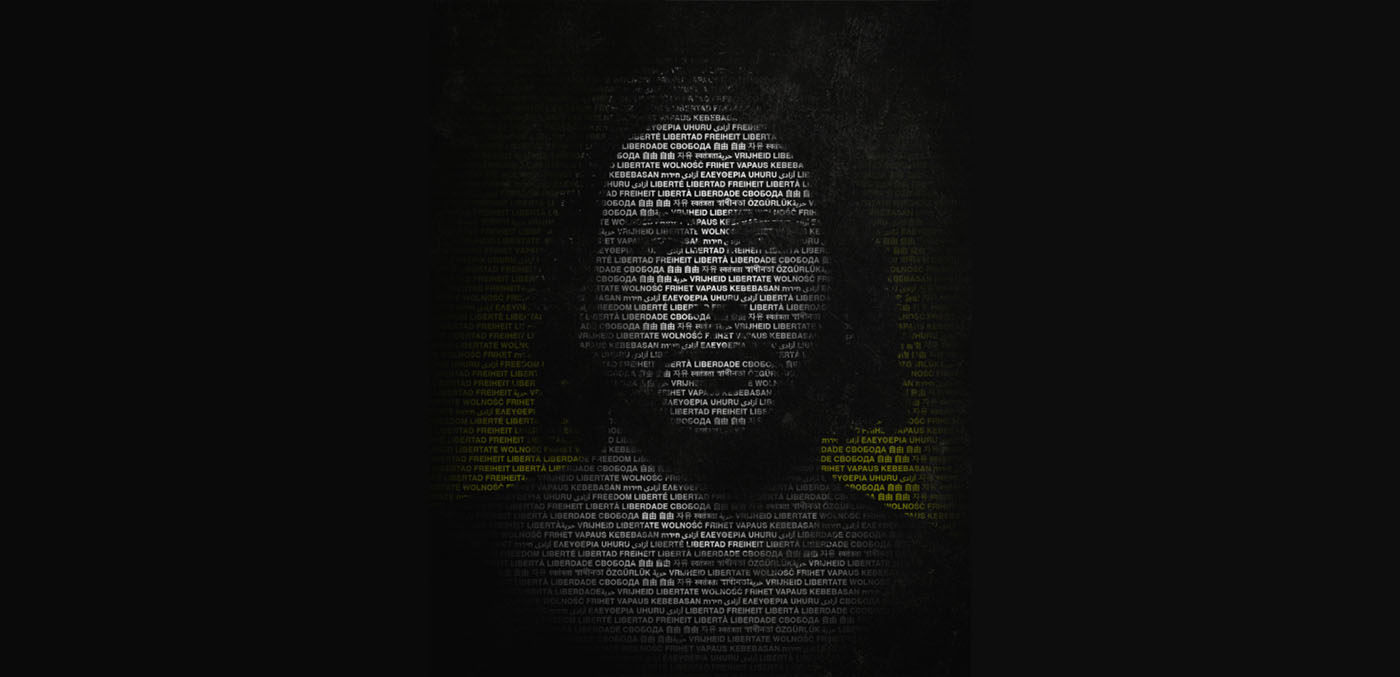
Events like the Day of the Imprisoned Writer risk becoming mere spectacles until they challenge the status quo.
15 NOVEMBER 2024 • By Abdelrahman ElGendy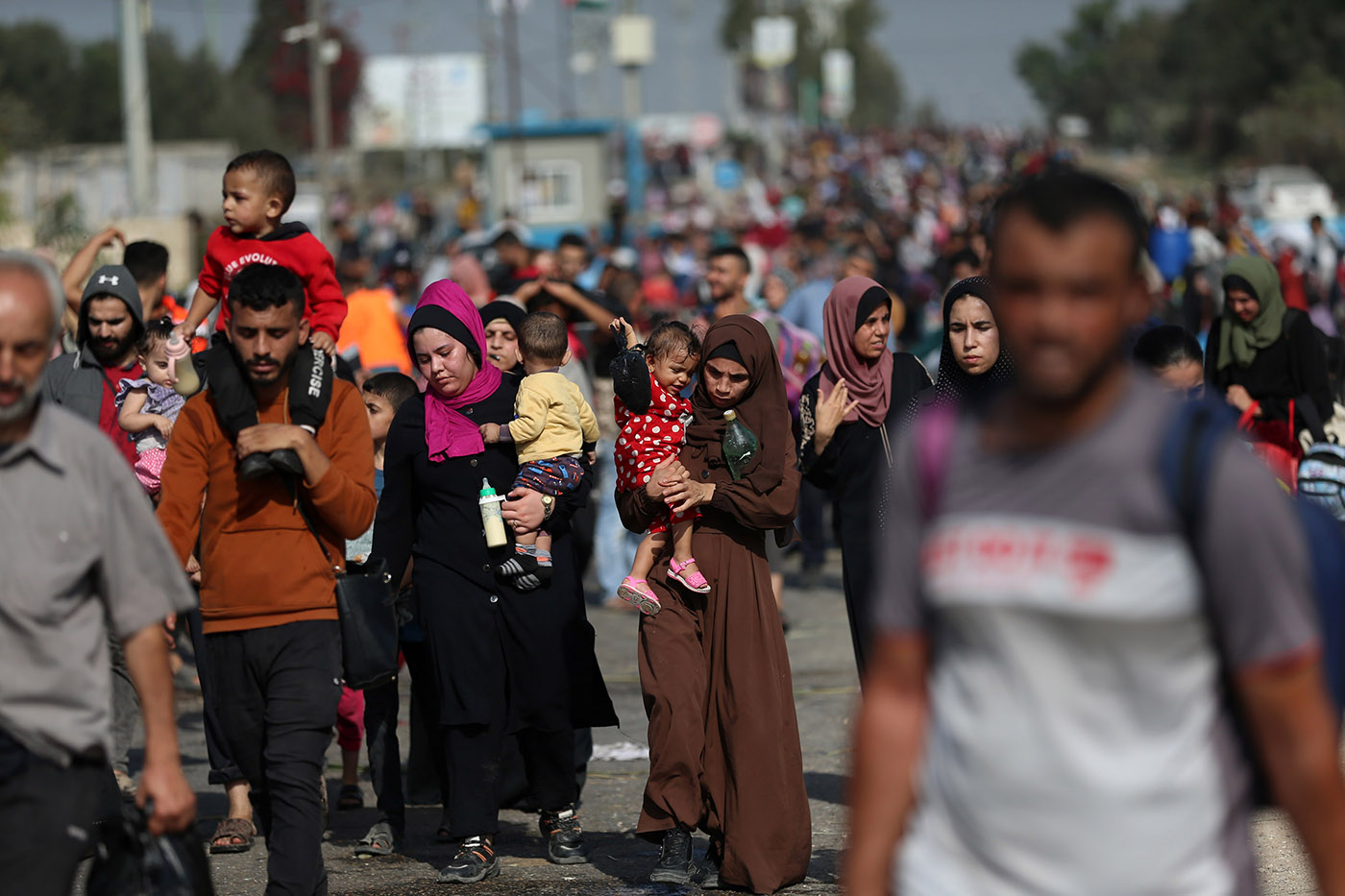
A Jewish American has been afraid to express her reservations and criticism of Israel's actions in Gaza, but...
15 NOVEMBER 2024 • By Sheryl Ono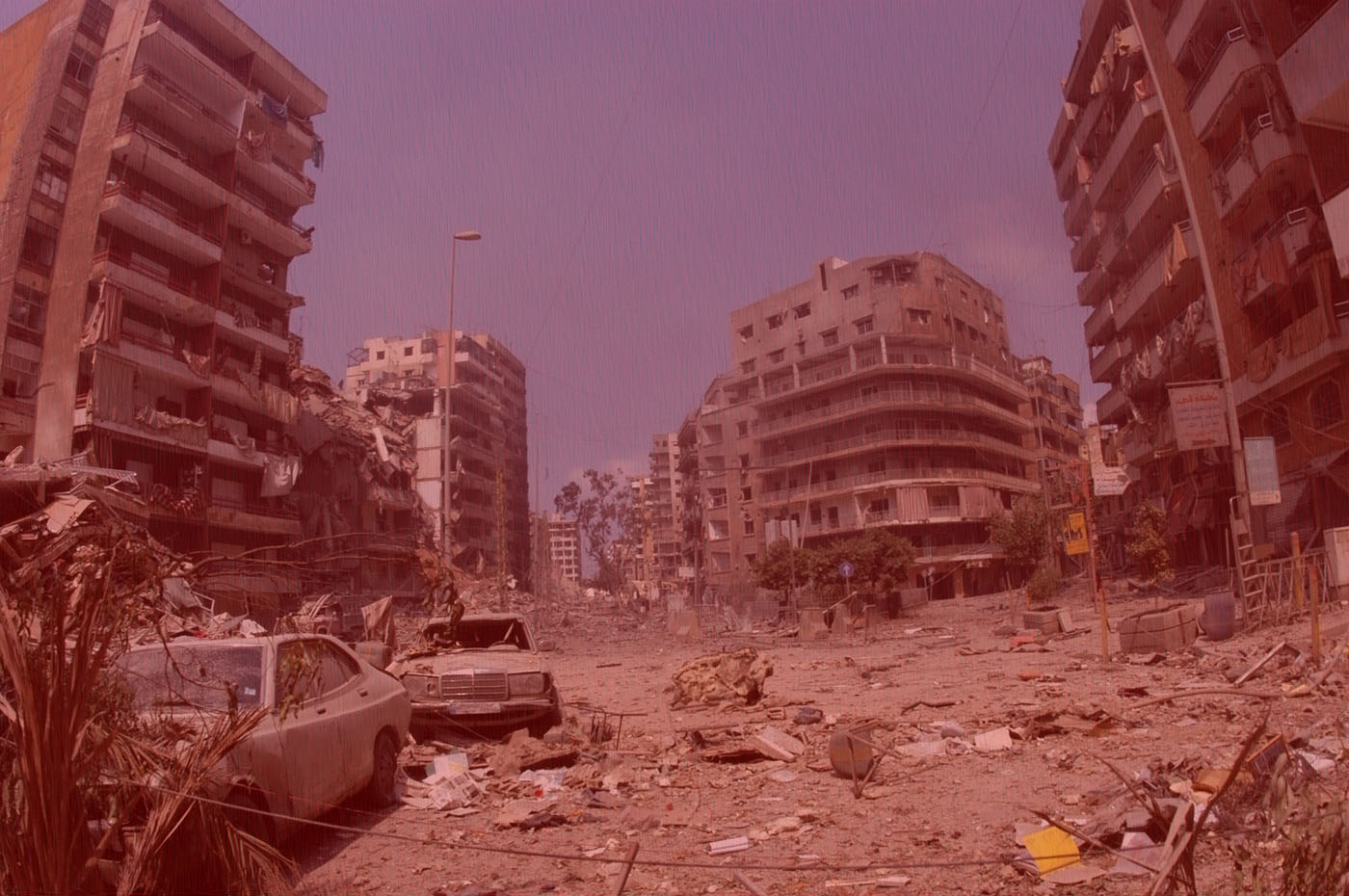
Letters from a displaced Lebanese poet today to civil war-era actor-director Roger Assaf evoke Beirut in 1982, 2006...
8 NOVEMBER 2024 • By Zeina Hashem Beck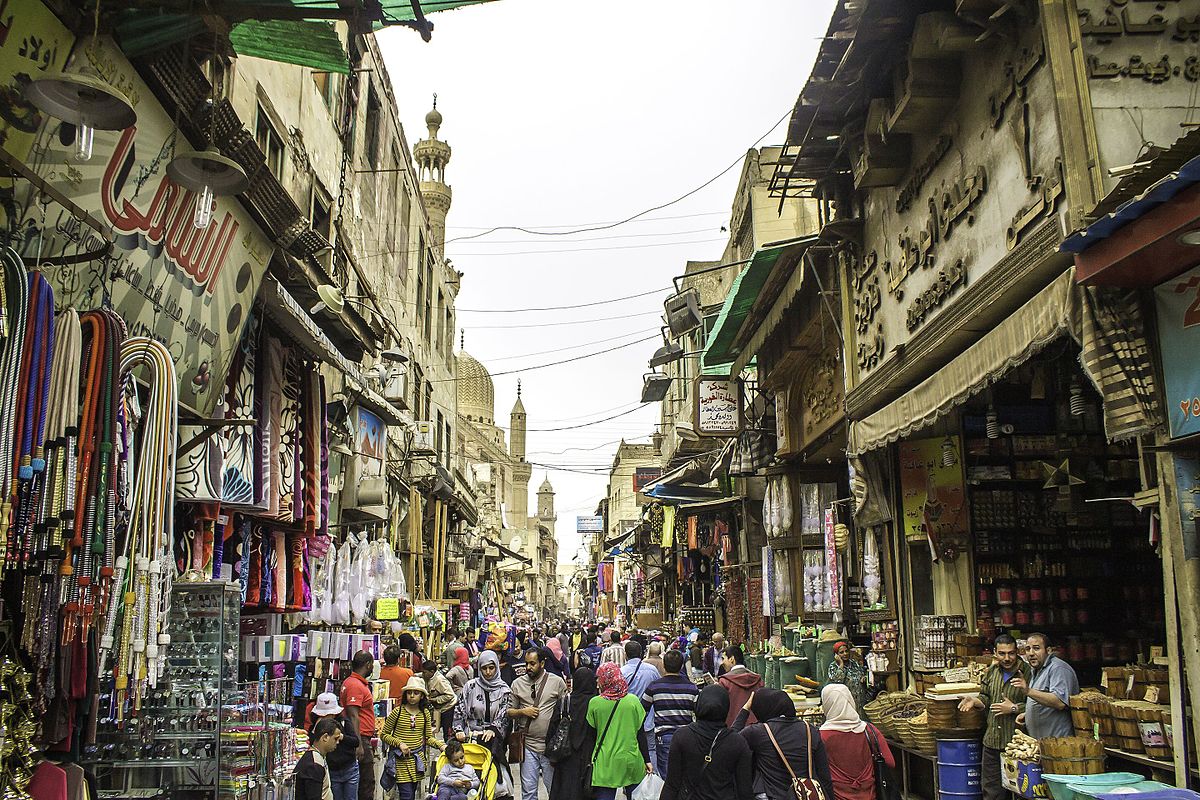
.تكتب كارولين كامل عن فرحتها باستكشاف أسواق الأشياء المستعملة النابضة بالحياة في القاهرة، حيث ساعدها لقاؤها بباربي على...
4 NOVEMBER 2024 • By كارولين كامل